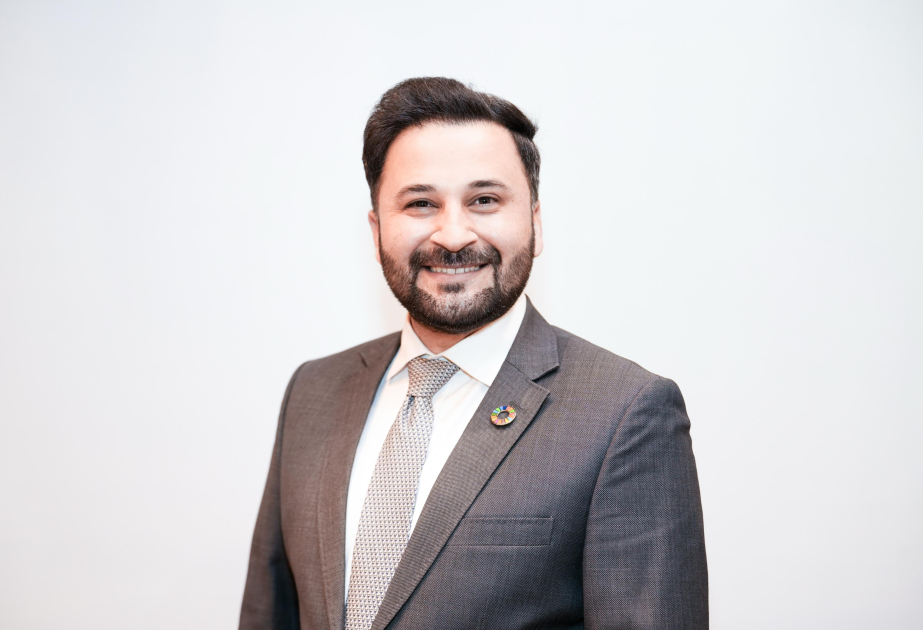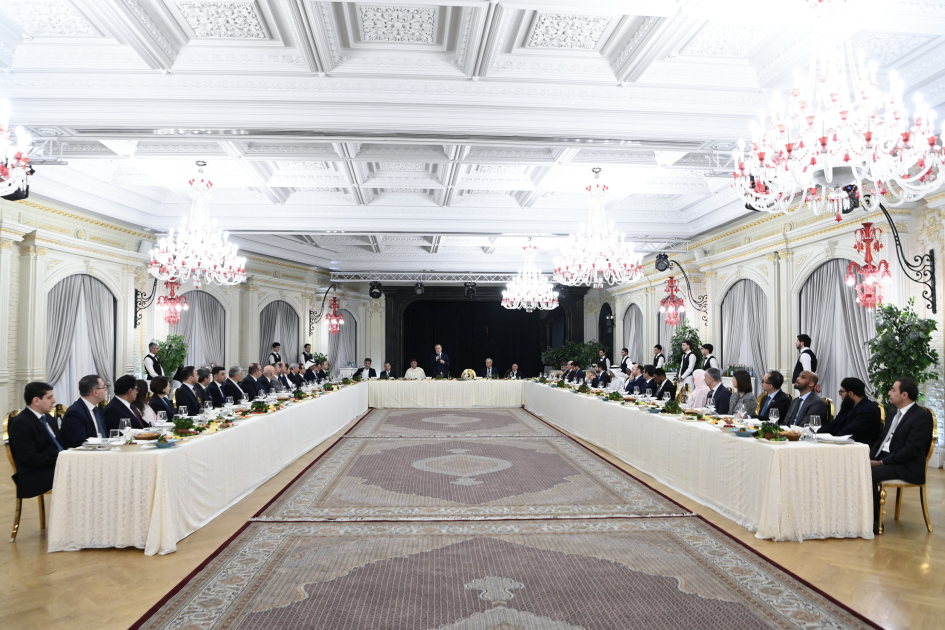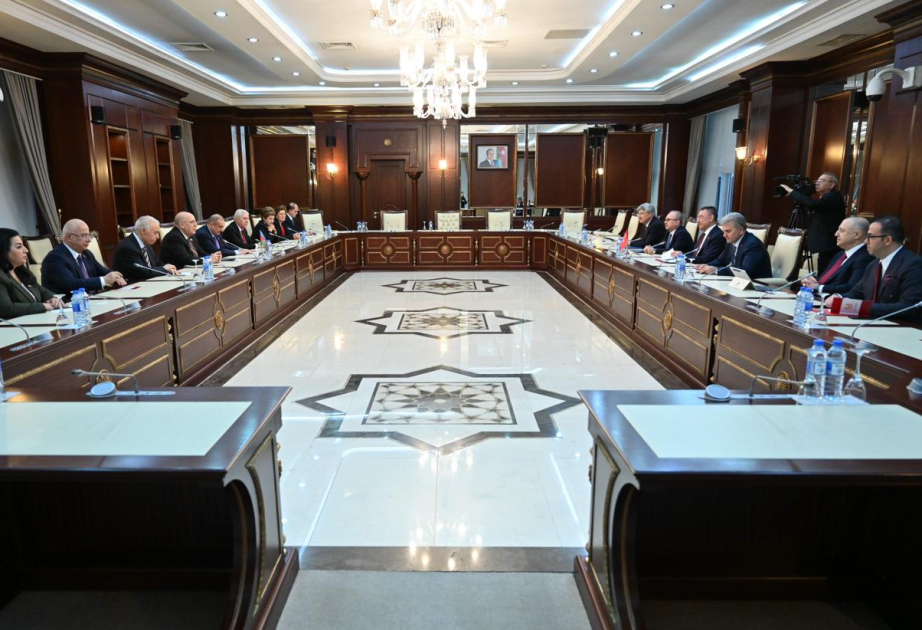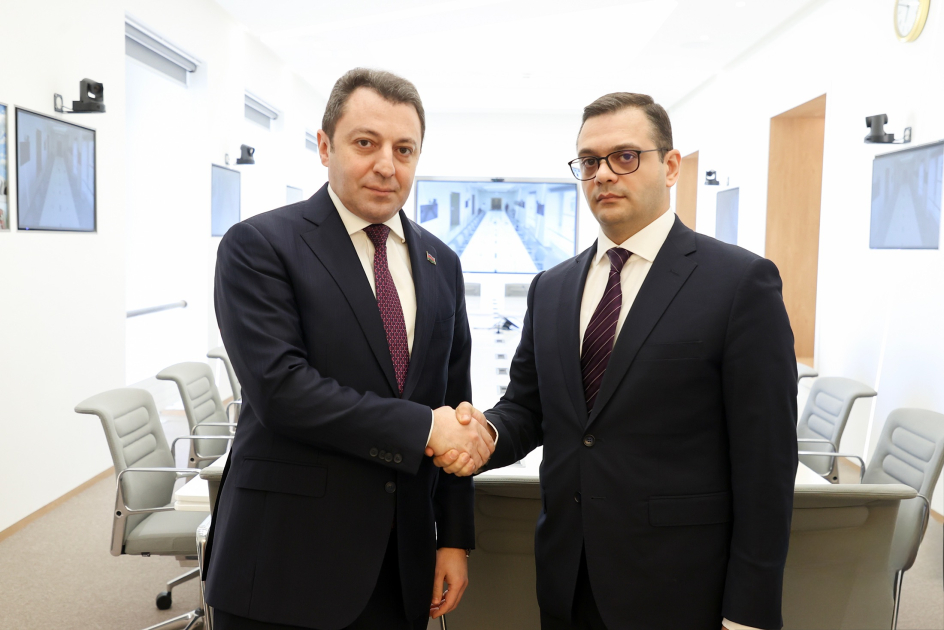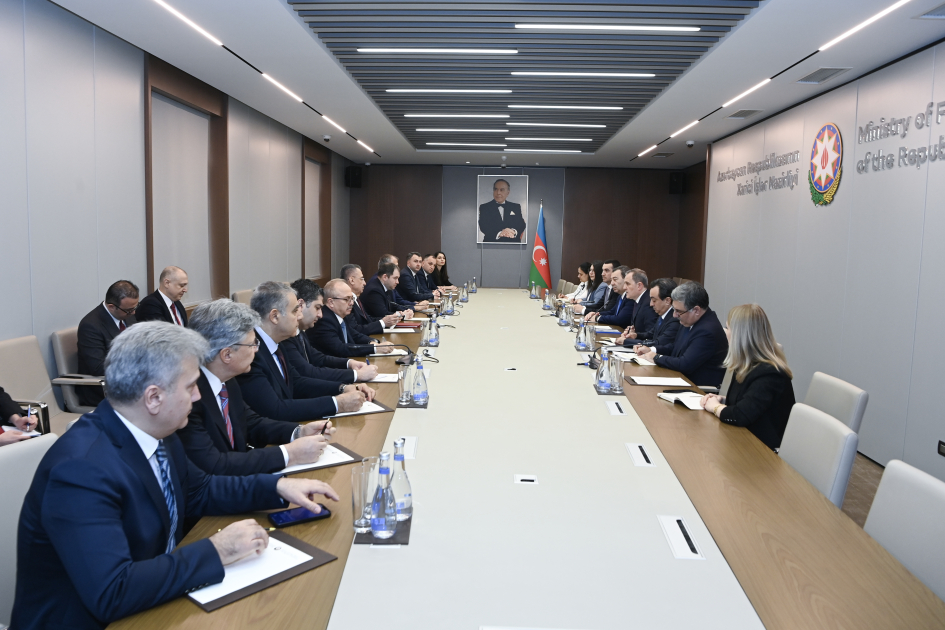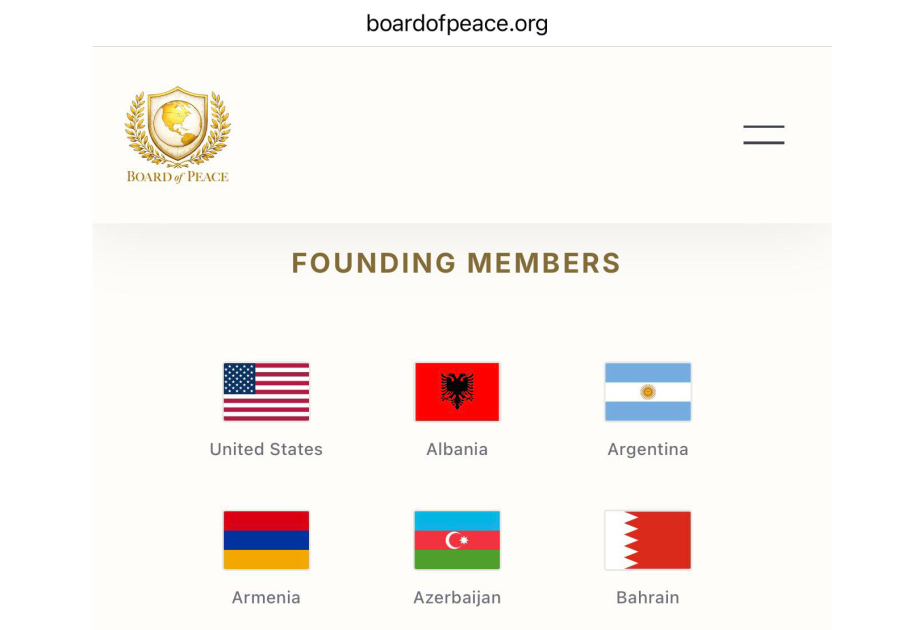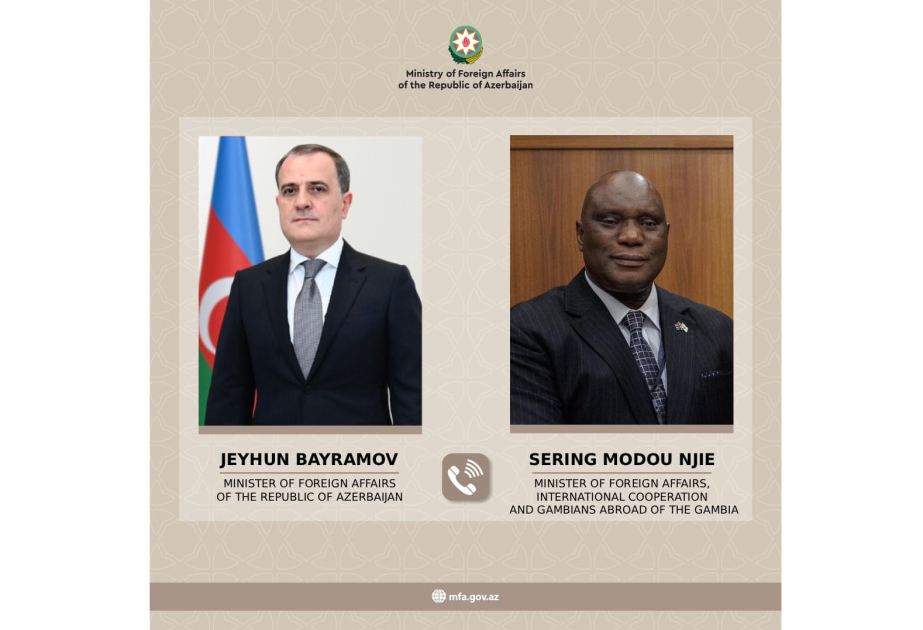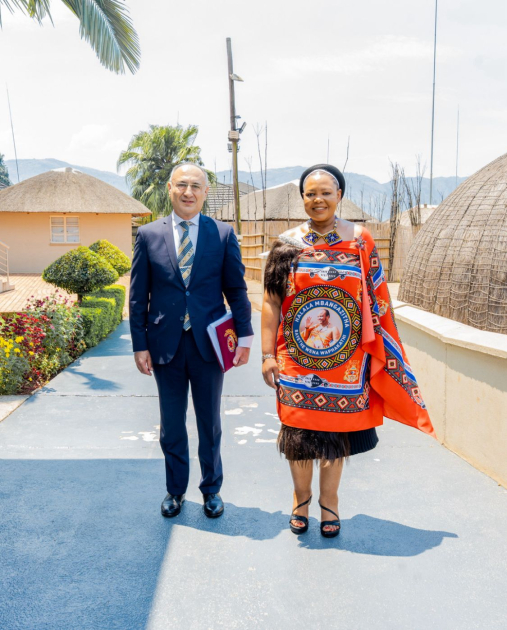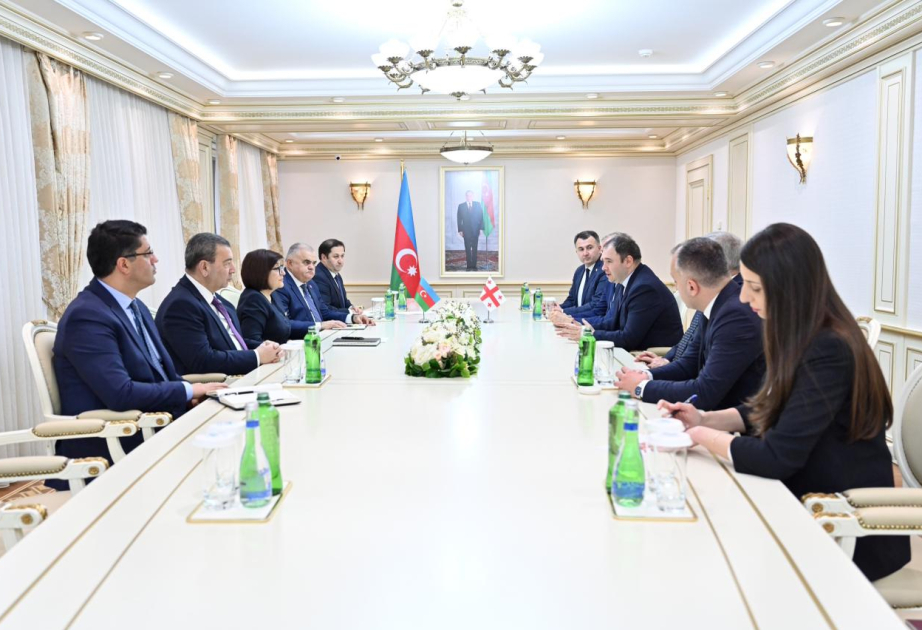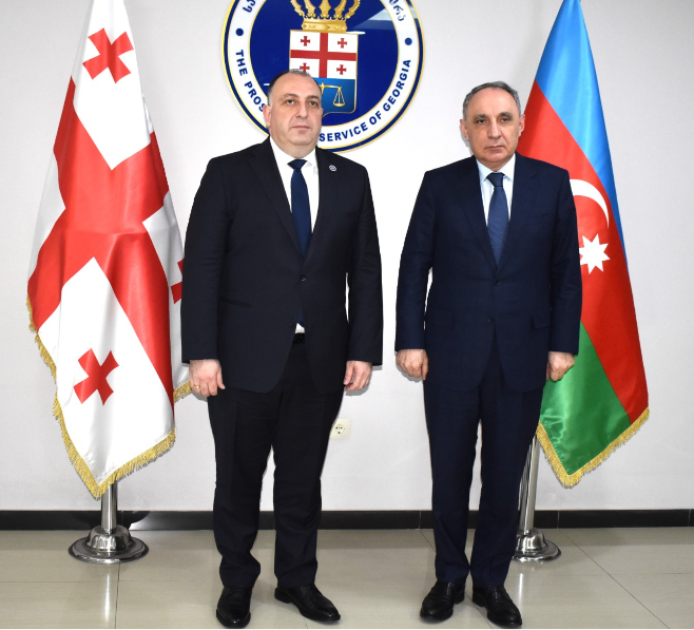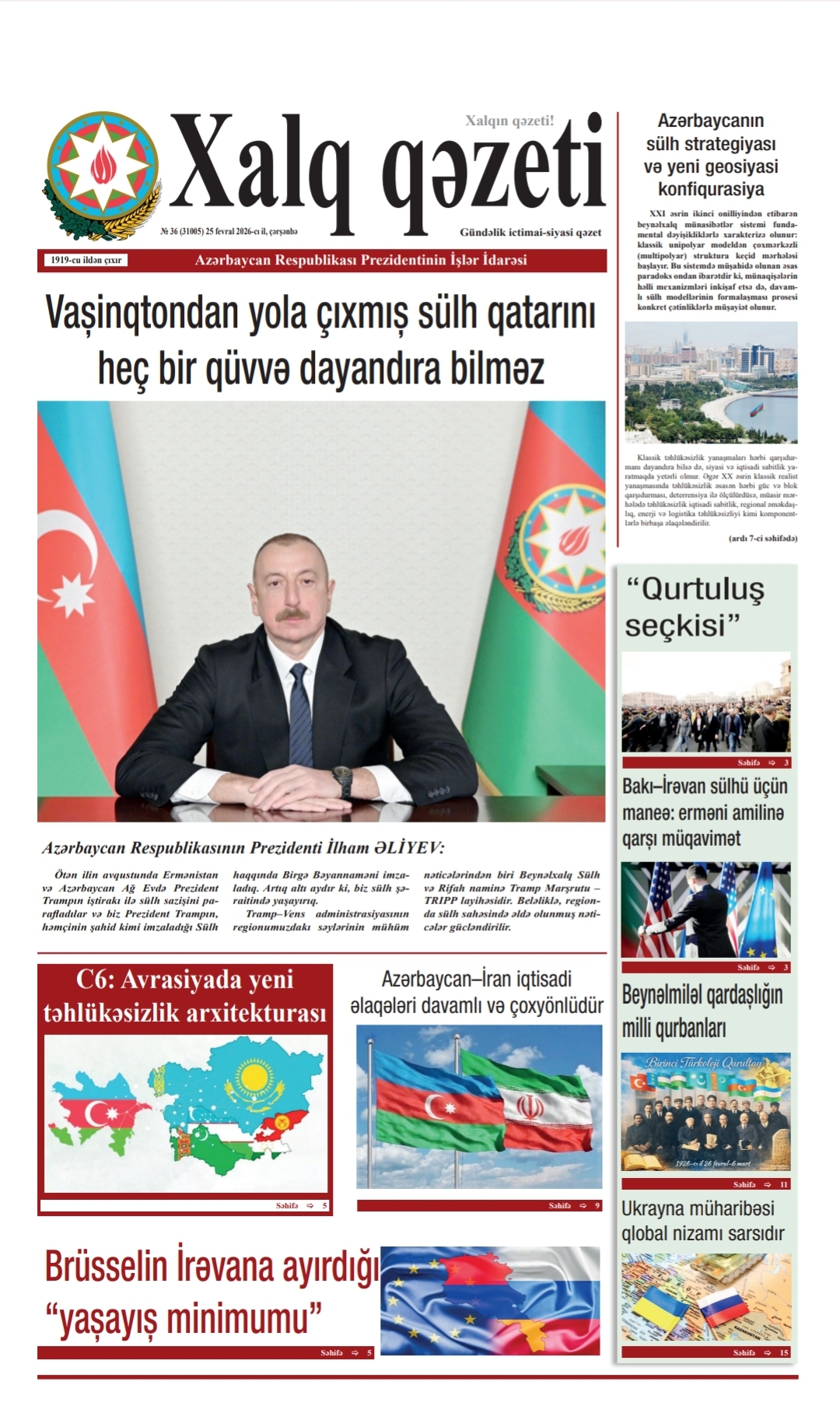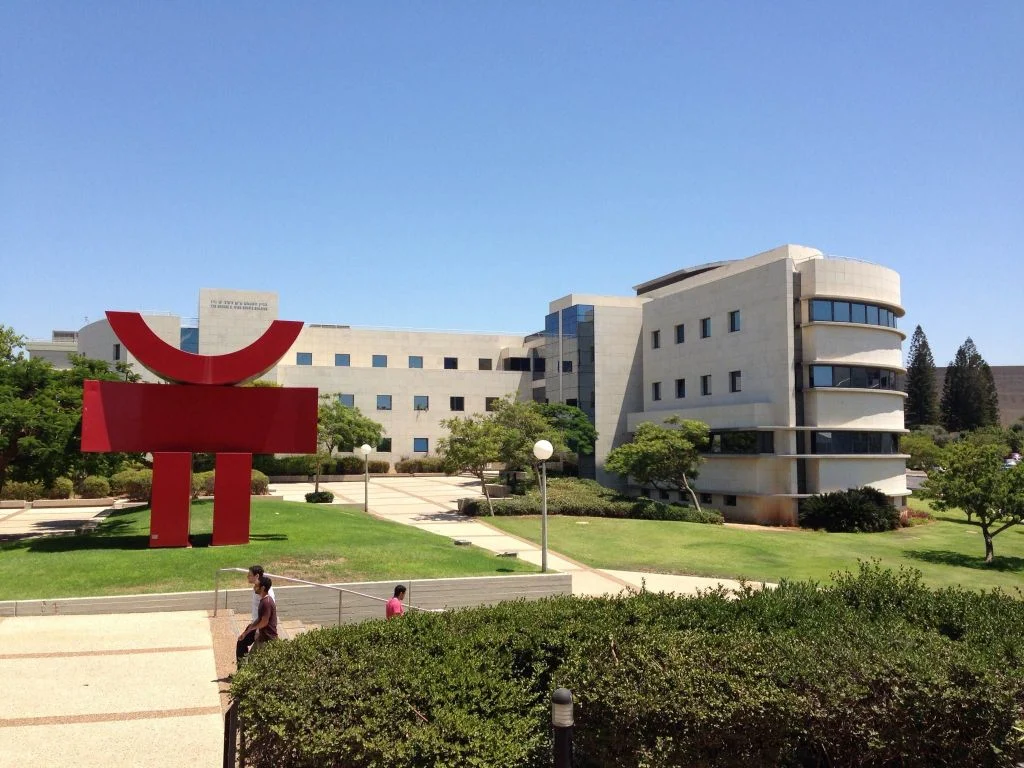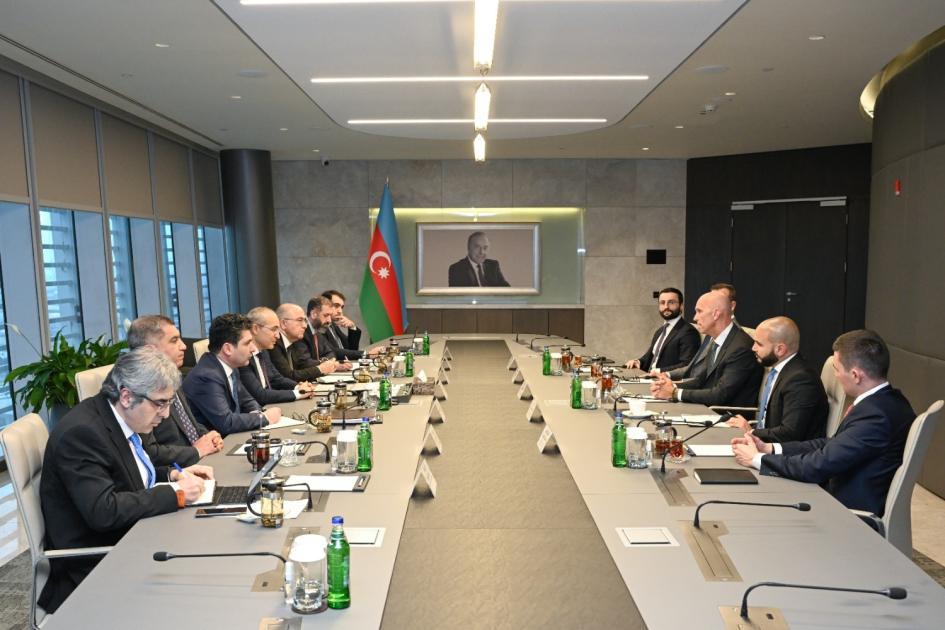Pakistan-Azerbaijan relations: A brotherhood blossoming in strategic and youthful unity
The bilateral relationship between Pakistan and Azerbaijan is a remarkable story of solidarity, strategic cooperation, and shared aspirations. As the Founder President of the Pakistan-Azerbaijan Alumni Association (PAAA), I have had the honor of witnessing and contributing to the strengthening of this deep-rooted brotherhood—one that transcends political rhetoric and touches the very soul of both nations.
The recent visit of Prime Minister Muhammad Shehbaz Sharif to Azerbaijan in May 2025 marks a significant chapter in this ever-evolving partnership. Participating in a high-level trilateral summit in Baku, this visit wasn’t just symbolic; it was strategically aligned with the broader vision of regional cooperation and mutual development. More importantly, it served as a reaffirmation of our shared commitment to each other’s national interests, prosperity, and global standing.
A Relationship Forged in Trust and Mutual Support
The bond between Pakistan and Azerbaijan is based on unwavering trust and an unflinching commitment to each other’s causes. During the 44-day Patriotic War of Azerbaijan in 2020, Pakistan’s unambiguous moral and diplomatic support was a gesture that resonated deeply within Azerbaijani society. Pakistan was one of the few nations that stood firmly beside Azerbaijan without hesitation. The powerful images of Pakistani and Azerbaijani flags waving together in Baku still evoke emotional resonance—symbols of true brotherhood that words alone cannot capture.
Azerbaijan, in turn, has always demonstrated consistent support for Pakistan on regional and global issues, especially on the matter of Kashmir. During the recent tensions between Pakistan and India, President Ilham Aliyev’s unequivocal stance in favor of Pakistan’s territorial sovereignty was a diplomatic statement of solidarity that Pakistanis deeply appreciate. From platforms such as the United Nations to the Organization of Islamic Cooperation (OIC), Azerbaijan has proven to be a reliable ally that amplifies Pakistan’s voice on the world stage.
From Friendship to Strategic Partnership
While the emotional and historical bonds are invaluable, the relationship has matured into a robust strategic partnership, particularly in the sectors of defense, trade, energy, and connectivity. As highlighted during Prime Minister Sharif’s visit, defense cooperation and investment have taken center stage, with both countries pledging to enhance joint military training, technology exchange, and collaborative defense production.
Furthermore, the energy sector presents immense potential. Pakistan is actively pursuing diversified energy sources, and Azerbaijan’s role as an energy exporter is pivotal. Agreements and discussions on LNG supply, oil and gas exploration, and renewable energy collaboration have opened up new economic corridors between the two countries.
The growing trade relationship is another bright spot. Although trade volume has remained modest in the past, both governments are actively working to remove barriers and encourage business-to-business linkages. From pharmaceuticals and textiles to construction and IT, there is ample room to scale up bilateral commerce, with special economic zones and joint ventures paving the way.
Youth and Cultural Diplomacy: Building Bridges for the Future
While high-level meetings and agreements form the backbone of diplomacy, it is people-to-people connection that sustains long-term partnerships. This is where youth and cultural diplomacy play a transformative role. As the Founder President of PAAA, I have been working tirelessly to bridge the gap between young minds in Pakistan and Azerbaijan.
I firmly believe that the future of this extraordinary relationship lies in the hands of our youth. With shared values, cultural resonance, and historical appreciation, young people from both countries are natural allies. Exchange programs, joint innovation initiatives, cultural festivals, and youth summits are some of the ways we can nurture this alliance at the grassroots level. PAAA has been instrumental in facilitating academic linkages, digital diplomacy, and leadership platforms that allow Pakistani and Azerbaijani youth to co-create solutions for common challenges such as climate change, digital literacy, and entrepreneurship.
Prime Minister Shehbaz Sharif’s meetings in Baku further emphasized this aspect of diplomacy. Discussions around enhancing educational collaboration and supporting student exchanges signal a willingness to institutionalize youth engagement. As someone deeply invested in youth empowerment and public diplomacy, I see this as a strategic shift that can yield generational dividends.
Regional Connectivity and the Baku Vision
Baku, situated at the crossroads of Europe and Asia, is emerging as a key player in shaping regional connectivity. Azerbaijan’s proactive engagement with Central Asia, Turkey, and South Asia underlines its geopolitical relevance. Pakistan, with its strategic location and close ties with China and the Gulf, complements this vision.
During the recent trilateral summit in Baku, involving Azerbaijan, Pakistan, and other regional stakeholders, the focus on building transit corridors, multimodal logistics, and digital connectivity was evident. These initiatives are not only economically beneficial but also strategically significant in promoting peace, interdependence, and stability across the broader region.
The Middle Corridor, connecting Central Asia to Europe via Azerbaijan and the Caspian Sea, is of particular importance. Pakistan’s active interest in integrating with such corridors underlines our commitment to regional integration. It also opens up opportunities for our youth in the fields of logistics, digital technology, and infrastructure development.
A Moment to Reflect, a Future to Build
The enduring Pakistan-Azerbaijan friendship is not an accident of history; it is a purposeful alliance built on shared values, strategic convergence, and mutual respect. Prime Minister Shehbaz Sharif’s visit to Azerbaijan has once again affirmed this trajectory. As both nations navigate complex regional dynamics and global challenges, it is heartening to witness such clarity of purpose in our bilateral relations.
But diplomacy must always be people-centered. I call upon civil society, academia, the business community, and especially the youth of both nations to take ownership of this relationship. Let us not confine this brotherhood to official communiqués and media headlines. Let us give it a human face—one that celebrates diversity, collaboration, and innovation.
In the words of the great poet Allama Iqbal, “Nations are born in the hearts of poets, they prosper and die in the hands of politicians.” Let us ensure that the Pakistan-Azerbaijan relationship continues to prosper, nurtured by the hearts of young dreamers, responsible leaders, and communities committed to peace and progress.
Together, we can build a future that not only honors the legacy of this profound friendship but also inspires the world with a model of unity, dignity, and sustainable development.
Qaiser Nawab is a global youth leader, climate advocate, and Founder President of the Pakistan-Azerbaijan Alumni Association (PAAA). He actively promotes youth diplomacy and South-South cooperation.


